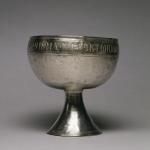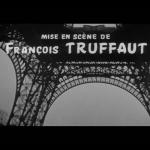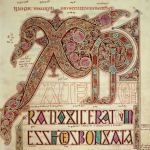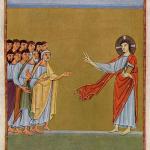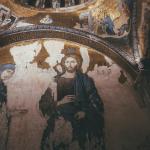Vatican City, Sep 26, 2014 / 12:03 am (CNA/EWTN News).- In a recent speech to the Italian Biblical Association, Pope Francis did not disclaim biblical studies but rather stressed the relation between faith and the scriptures, according to the group's secretary. “All of Pope Francis' speech is aimed at emphasizing the relationship between faith and the Word of God. In this sense, he is on the trail of Benedict XVI, who always emphasized the need for faith to fully interpret the Bible, though without disclaiming biblical studies,” Fr. Antonio Pitta told CNA. The Pope met with the Italian Biblical Association Sept. 12 in the Vatican's Clementine Hall, marking the end of nation's Bible Week. “For the faith to respond, to avoid being suffocated, it must be constantly nourished by the Word of God,” Pope Francis told the assembled biblical scholars. “I express my esteem and appreciation for the valuable work you carry out in your ministry as teachers and as scholars of the Bible,” he continued. “In addition, this meeting gives me the opportunity to reaffirm, in continuity with the Magisterium of the Church, the importance of biblical exegesis for the People of God.” The Pope then gave a long quote from a 1993 document of the Pontifical Biblical Commission on the importance of exegesis, followed by references to the words of St. John Paul II at the presentation of that document. “It is of course necessary that the exegete himself be able to perceive in the text the divine Word – and this is possible only if his spiritual life is fervent, rich in dialogue with the Lord; otherwise exegetical research is incomplete, losing sight of its main objective,” Pope Francis warned. “Thus, in addition to academic competence, what is required of the Catholic exegete first and foremost is faith, received and shared with the body of believing people, which in its totality cannot err.” He called Mary the “model” of exegesis for her having “pondered in her heart the words and events concerning her Son … may Our Lady teach us to welcome the Word of God fully, not only through intellectual research, but in our whole life.” While some could misinterpret the Pope's words as a rebuke of biblical scholarship, Fr. Pitta, who is professor of New Testament at the Pontifical Lateran University, said that the Pope is rather emphasizing how “the scriptures cannot be understood only through a mere literary analysis; a reach for transcendence is needed to fully understand them.” Fr. Pitta noticed that the first part of Pope Francis’ address contained “a very positive judgement on the importance of biblical studies.” “Yet, Pope Francis considers faith as something imprescindible to get the whole sense of scripture.” Fr. Pitta said that “biblical scholars should profess a ‘mea culpa,’ since there is a branch of biblical studies characterized by historicism, more than rationalism,” and that this led to a “breach between faith and biblical studies.” He added, however, that “we are now living a positive, challenging era for biblical studies,” in which “we are returning to understanding the light of scripture for the life of the Church.” Pope Francis' address “deals with faith. We must always take in consideration that the gift of faith is freely given by the Lord; it does not depend on what people study.” “The sense of faith of the Christian community takes into account the relation with the word of God more than with scripture along. The word of God includes both scripture and the lived tradition of the Church, and Pope Francis wanted to emphasize and keep linked this imprescindible pair.” Read more
















